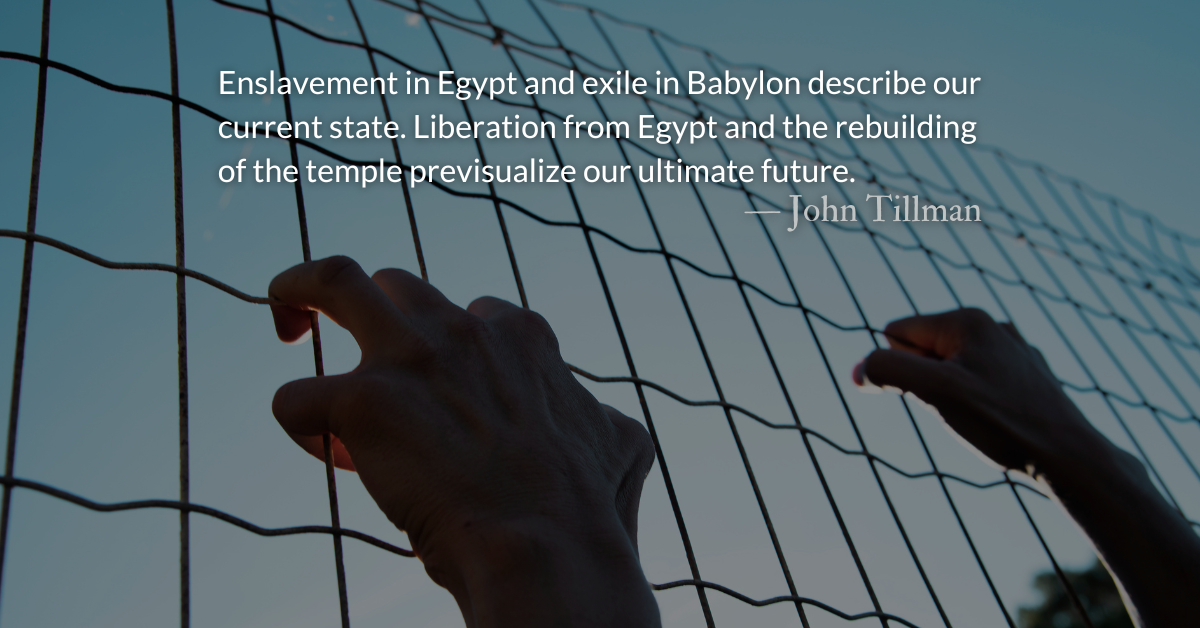Scripture Focus: Isaiah 29.13-14
13 The Lord says:
“These people come near to me with their mouth
and honor me with their lips,
but their hearts are far from me.
Their worship of me
is based on merely human rules they have been taught.
14 Therefore once more I will astound these people
with wonder upon wonder;
the wisdom of the wise will perish,
the intelligence of the intelligent will vanish.”
Reflection: When the Wise Become Fools
By Erin Newton
“For the message of the cross is foolishness to those who are perishing, but to us who are being saved it is the power of God” (1 Corinthians 1.18). No one wants to be a fool. Yet the message of the gospel seemed so absurd, so counter-intuitive, that Paul described it as foolishness.
Paul was recalling the prophecy that Isaiah had said hundreds of years before him. The way God would redeem his people would be like a hidden message, out of reach for even the most astute. A minority of Israelites were literate. Though tasked with relaying God’s message, they would be unable to read it. The wise would be made fools.
Why were they prohibited from knowing God’s plan? In short, God held them accountable for their lack of faith. Israel was rebuked for false worship performed under the guise of piety. Human rules had been created to facilitate the appearance of worship, but it was merely lip service. Their worship centered upon the performances of religious tasks.
The rules are unspecified in Isaiah’s prophecy. It is not a verse that can be used against different modes of worship in various Christian traditions. At the core of this rebuke is legalism and the pride that accompanies it. When worship becomes performance, people place themselves on the pedestal.
When Jesus spoke parables, he often began with the phrase, “Whoever has ears, let them hear.” With all their privileged learning, the Pharisees and Sadducees could not understand the message of Christ. Jesus rebuked them saying, “And you experts in the law, woe to you, because you load people down with burdens they can hardly carry, and you yourselves will not lift one finger to help them” (Luke 11.46). The simple parables were foolish to these “experts” who spent more time adding rules than helping the people.
Christians have sometimes created narrow rules that distinguish adherents as “true believers” and labeled nonconformists as non-Christian. The ever-growing attempt to create a sense of us vs. them mentality has been pervasive in Christian history and more so on social media.
Let us throw off the hindrances of manmade rules that seek to define our devotion and divide the body of Christ. Let our words be more than lip service. Let our hearts trust in the incomprehensible ways of God. Trusting God may look foolish, but it is the power of salvation.
Divine Hours Prayer: The Greeting
Save us, O Lord our God, and gather us from among the nations, that we may give thanks to your holy Name and glory in your praise. — Psalm 106.47
Today’s Readings
Isaiah 29 (Listen -3:55)
Luke 11 (Listen -7:33)
Read more about The Unknown Sage
Positional distrust…can cause us to read wisdom and call it foolishness. It can cause us to hear a blustering fool and call him wise.
Read more about Lady Wisdom
“Does not wisdom call out?” She does, indeed…Let us train our ears to hear the voice of wisdom.











